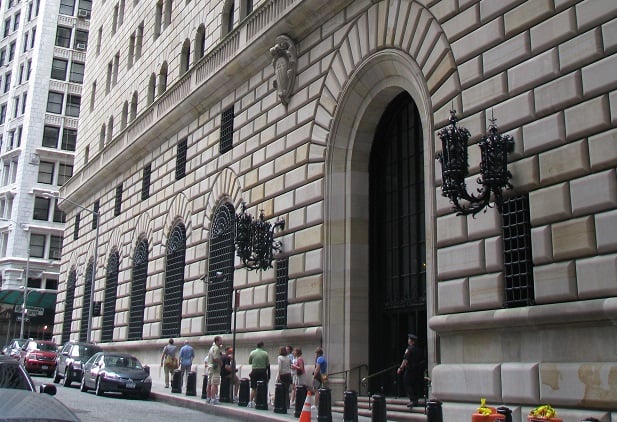(Bloomberg) –The Federal Reserve last week published oral interviews with more than 50 policy makers and staff that were conducted in conjunction with its centennial in 2013.
The trove includes conversation with former chairs Paul Volcker, Alan Greenspan and Janet Yellen, governors and senior staff, whose recollections span a half century of steering the world's most powerful central bank.
Recommended For You
Complete your profile to continue reading and get FREE access to BenefitsPRO, part of your ALM digital membership.
Your access to unlimited BenefitsPRO content isn’t changing.
Once you are an ALM digital member, you’ll receive:
- Breaking benefits news and analysis, on-site and via our newsletters and custom alerts
- Educational webcasts, white papers, and ebooks from industry thought leaders
- Critical converage of the property casualty insurance and financial advisory markets on our other ALM sites, PropertyCasualty360 and ThinkAdvisor
Already have an account? Sign In Now
© 2025 ALM Global, LLC, All Rights Reserved. Request academic re-use from www.copyright.com. All other uses, submit a request to [email protected]. For more information visit Asset & Logo Licensing.









